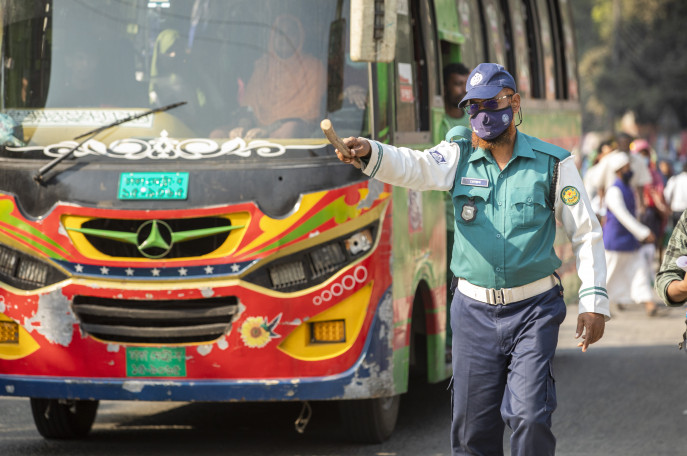
Traffic control officers play a crucial role in maintaining safety and order on roads, especially around construction sites and during special events. Companies like Salus Traffic Control offer Salus Traffic Control services that are essential for managing traffic flow and ensuring the safety of both workers and the public. Let’s take a closer look at what a typical day looks like for these unsung heroes of the road.
Early Morning Briefing
The day for a traffic control officer often starts early, sometimes before sunrise. They arrive at the designated site for a pre-shift briefing, where they receive information about the day’s tasks, any special considerations, and safety reminders.
Setting Up the Work Zone
Once briefed, officers begin setting up the work zone. This involves:
- Placing cones, barriers, and signs
- Ensuring all equipment is functioning properly
- Coordinating with other team members to establish traffic patterns
Managing Traffic Flow
As the workday progresses, the primary responsibility of a traffic control officer is to manage the flow of traffic. This includes:
- Directing vehicles and pedestrians safely around work zones
- Using stop/slow paddles or automated signals to control traffic
- Communicating with drivers and answering questions from the public
Adapting to Changing Conditions
Throughout the day, traffic control officers must be ready to adapt to changing conditions. This might involve:
- Adjusting traffic patterns due to work progress or emergencies
- Dealing with unexpected weather conditions
- Handling peak traffic hours with increased vigilance
Ensuring Worker Safety
A crucial aspect of the job is ensuring the safety of workers on site. Traffic control officers act as a buffer between the work zone and passing traffic, always staying alert to potential hazards.
Handling Challenging Situations
Not every day is routine. Traffic control officers often face challenging situations such as:
- Dealing with aggressive or impatient drivers
- Responding to accidents or emergencies within their zone
- Managing traffic during special events or road closures
End-of-Day Procedures
As the workday comes to a close, officers are responsible for:
- Safely removing traffic control devices
- Debriefing with supervisors about the day’s events
- Completing any necessary paperwork or incident reports
Continuous Learning
Many traffic control officers end their day by reviewing new regulations or attending training sessions to stay updated on the latest traffic control techniques and safety measures.
The role of a traffic control officer is demanding, requiring constant attention, quick decision-making, and a commitment to safety. Companies like Salus Traffic Control provide comprehensive Salus Traffic Control services that ensure these professionals are well-equipped and trained to handle the challenges of the job.
From the early morning setup to the end-of-day takedown, traffic control officers play an indispensable role in keeping our roads safe and construction projects running smoothly. Their work, often overlooked, is vital for the safety and efficiency of our transportation infrastructure.



